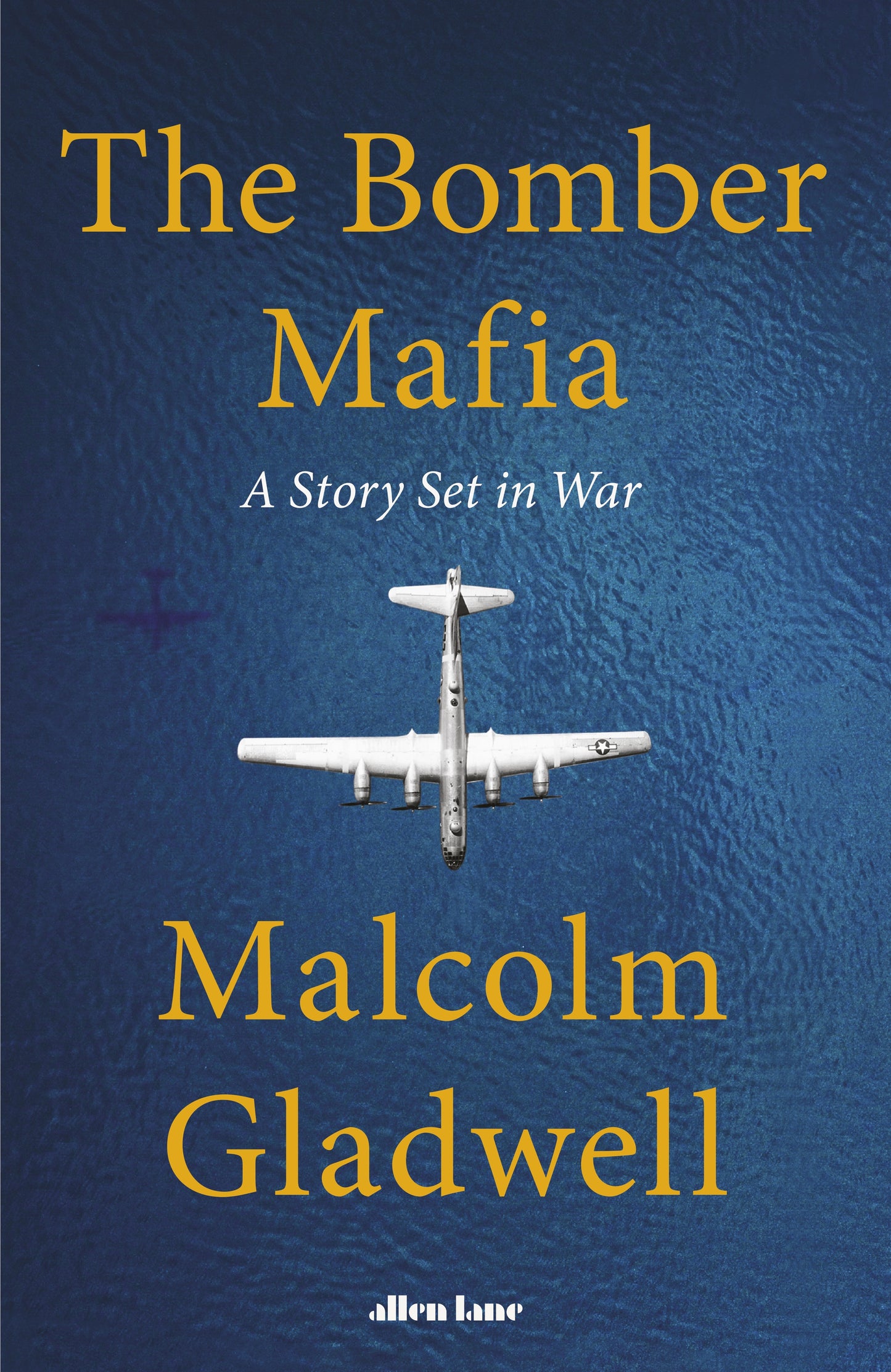Malcolm Gladwell
Bomber Mafia
Bomber Mafia
Couldn't load pickup availability
Nick's Review
This is Malcolm Gladwell at his best
The Bomber Mafia is a true story, about the US Bomber command during the second world war. In particular if focuses on the two generals General Haywood Hansell who believes in precision bombing and tries not to kill more civilians than necessary and General Curtis LeMay. Hansell is replaced by LeMay, who creates the bombing firestorms that decimated the cities of Japan during the second world war; with the view that he could end the war faster and thereby save lives. We don't remember Hansell, and LeMay is now seen as the hero who won the war. The Book is an in-depth look at these two flawed and multifaceted individuals in the age-old ethical debate over whether the ends justify the means.
“It’s really hard to decide who’s right,” Gladwell has said in media interviews. “That’s way more interesting than if it was this clear-cut case. You can sit and make arguments all day for either of those two . . . My sympathies obviously lie with Hansell. How could they not? He’s the one your heart goes to. Your heart never goes to Curtis LeMay, but you can admire LeMay for his resolve.”"
Publisher Reviews:
'The Bomber Mafia is a case study in how dreams go awry. When some shiny new idea drops from the heavens, it does not land softly in our laps. It lands hard, on the ground, and shatters.'
In the years before the Second World War, in a sleepy air force base in central Alabama, a small group of renegade pilots put forth a radical idea. What if we made bombing so accurate that wars could be fought entirely from the air? What if we could make the brutal clashes between armies on the ground a thing of the past?
This book tells the story of what happened when that dream was put to the test. The Bomber Mafia follows the stories of a reclusive Dutch genius and his homemade computer, Winston Churchill's forbidding best friend, a team of pyromaniacal chemists at Harvard, a brilliant pilot who sang vaudeville tunes to his crew, and the bomber commander, Curtis Emerson LeMay, who would order the bloodiest attack of the Second World War.
In this tale of innovation and obsession, Gladwell asks- what happens when technology and best intentions collide in the heat of war? And what is the price of progress?
Share


